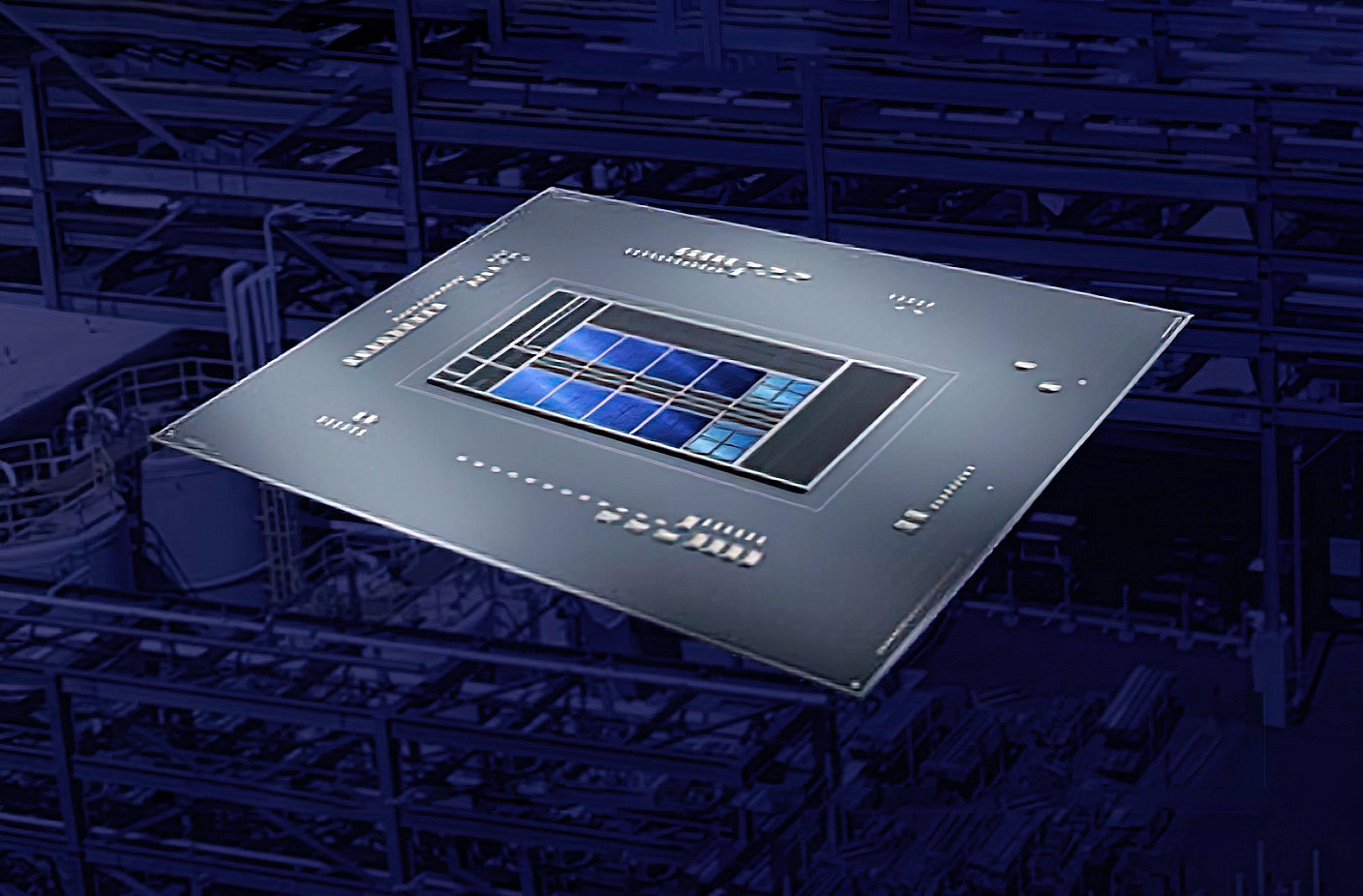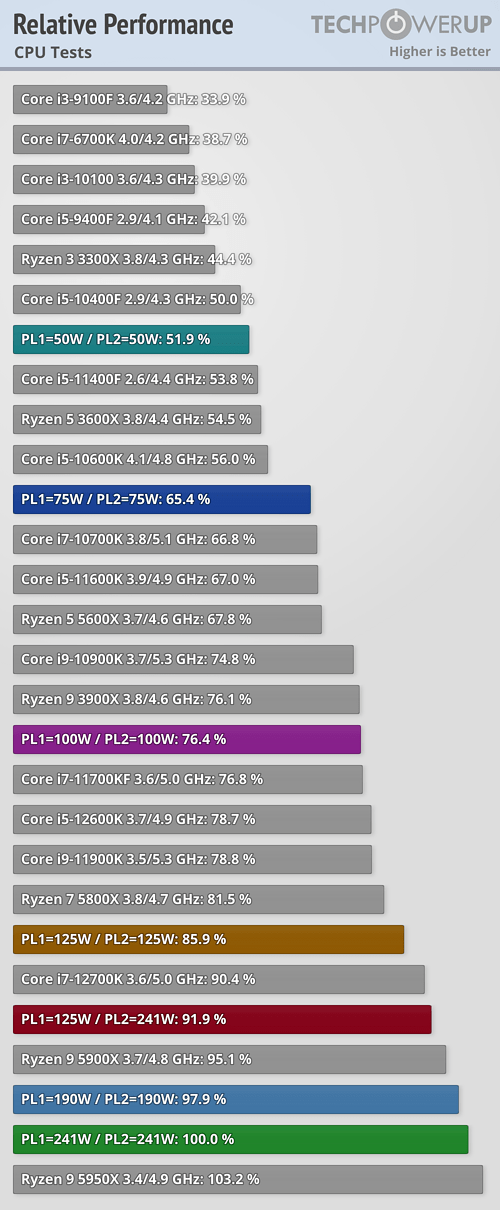I wasn't talking purely about the CPU. When you have a hot CPU, the components around it will heat up more (high CPU activity will be driving some to do more work, but also passively heating them). It's obviously worse for surrounding components in a system with sustained high CPU activity, but it also wouldn't surprise me that the surrounding components also won't do well in the long term with temperature extremes from shorter periods of high CPU followed by sudden temperature drops when the CPU goes back to idling at ~30C.
With climate change, we should be designing computers that last longer, less landfill usage, etc. Right now this CPU situation seems very much like another facet of humans pedalling backwards.
Coming back to the CPU itself, I wonder if any long-term longevity tests have been done to see whether a CPU that's been pushed to 80-90C for sustained periods (or even just regularly) is as likely to last say 10-20 years compared to one that can go full-tilt indefinitely and only reaches say 60C. I have a feeling that Intel and AMD will have decided that they don't care about the long-term for mainstream CPUs, perhaps they care about their Xeon/Threadripper type CPUs in that respect.








